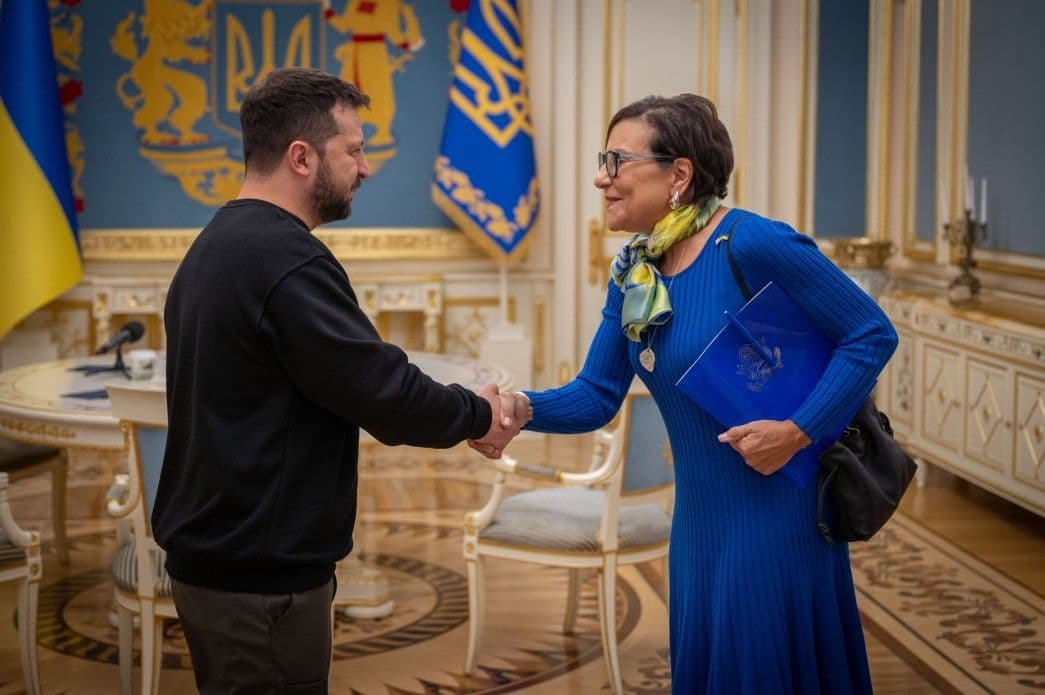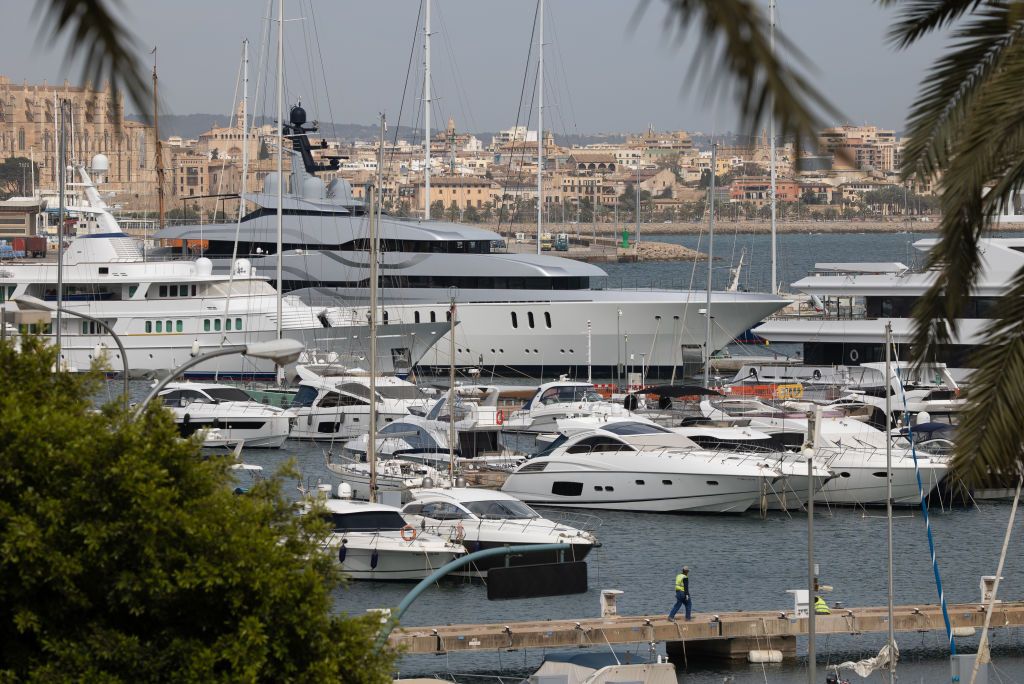Pritzker: Confiscation of Russian assets needs collective action

The decision to confiscate frozen Russian assets must be taken on a collective level and is unlikely to happen quickly, U.S. Special Representative for Economic Recovery in Ukraine Penny Pritzker said during the World Economic Forum on Jan. 15, Ukrinform reported.
Western countries have frozen over $300 billion in the Russian central bank's sovereign assets since the start of the full-scale invasion of Ukraine.
Last week, Bloomberg reported that the White House backs legislation that would allow the confiscation of Russia's funds. Washington reportedly seeks to coordinate such a step with Group of the Seven (G7) members.
"I think there's enormous hope that the Russian sovereign assets could become an easy source of financing," Pritzker said at the sidelines of the Davos summit, according to the Radio France Internationale (RFI).
"The whole thing is very complicated. And the first thing you know is a ton of lawyers need to get involved."
Around two-thirds of the assets are held in European accounts, while only up to $5 billion are frozen at U.S. institutions.
Involved countries have been so far hesitant to outright seize the assets over numerous legal and fiscal pitfalls.
Instead, the EU has been discussing ways of providing Ukraine with a windfall tax on profits generated by the frozen assets. In October, Belgium announced it would create a $1.8 billion fund for Ukraine, financed by the tax revenue from interest on frozen Russian assets.
The World Bank assessed early in 2023 that the total cost of Ukraine's reconstruction would amount to $411 billion. Ukrainian Foreign Minister Dmytro Kuleba commented earlier this week that the full amount of Russian assets could cover over 80% of recovery costs.
The U.S., with the support of the U.K., Japan, and Canada, are reportedly preparing viable options for confiscating the assets, which should be discussed during a G7 meeting in February.












